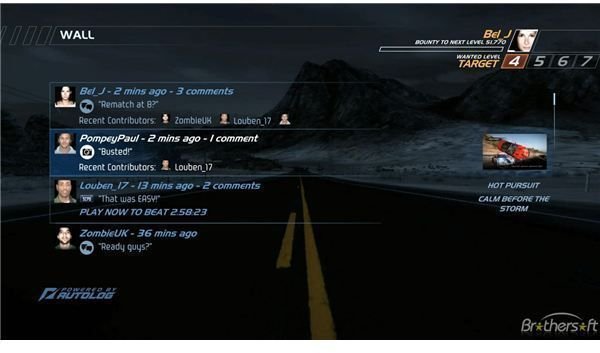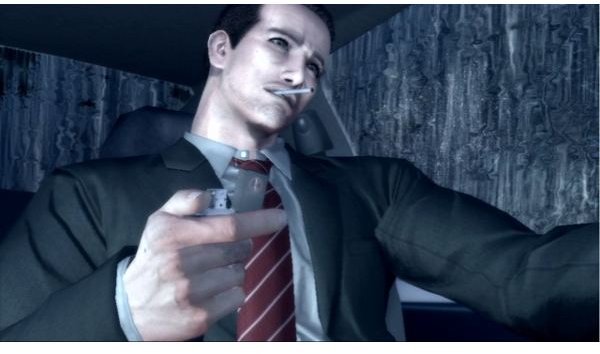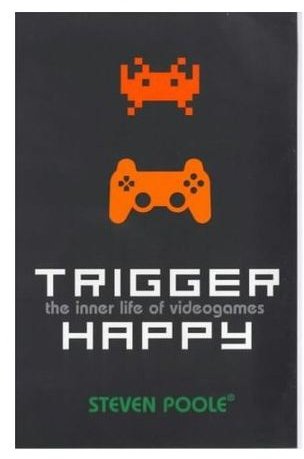Why Video Game Writers Need To Improve & The Pitfalls of New Media

The Saturation of Video Game Writers
Video game writers are widespread. The advent of new media has allowed for a burgeoning industry to surround the still relatively young medium. There are a plethora of video game related sites – like this Bright Hub gaming channel – that cover various different topics within the sub-culture. Reviews, previews, demos, features and editorial content comprise the majority of gaming sites across the web. With this apparent saturation of video game writers comes a wide variety of negative tropes and writing cliches. This article tries to detail the pitfalls of this abundance as well as try to discuss how video game writers can improve in their writing, presentation and critical analysis of the games we play.
Video Game Writers New Media Tropes
Firstly, a definition of the tropes that are briefly mentioned above. The use of social media, forums (such as NeoGAF) or even email press releases has placated the video game news writer into producing limited and often poorly written news snippets at a break-neck pace. Taking a look at some of the biggest gaming sites news feeds, there are stories ranging from an out-of-context developer quote with little reaffirming analysis behind it to some ill-fated cosplaying or a gallery of old images for a future release.
Now, some of these items are news worthy. An in-depth feature or preview of an upcoming release can whet the appetite of your audience, as can a well-produced editorial or retrospective. Unfortunately, there is either a dearth of this kind of probing content or a lack of demand for something with more aggregating substance. The need to be on the cusp of news and pander to instant gratification or short sighted news updates hampers the integrity and implicit informational fortitude of the journalistic medium it is presented through.
Flaws Inherent to The Reveal/Preview/Review Cycle

This point is furthered by the methods used by video game writers in reviewing, previewing or retrospectively analysing a game. New releases require a buyer’s guide of sorts – with the all-important (to some) meta-critic handle etcetera – almost before they’re out or instantly thereafter. Gaming websites then have a requirement or onus, as do magazines et al, to provide a review or buying guide to a wide spectrum of these releases. This frantic schedule gives game journalists little time to fully appreciate or critically inspect a game they’re currently deigned with reviewing.
When a period of three or so days – perhaps a week in some cases – is projected for the completion of a single game, the desire to understand or appreciate the game in and of itself seems lost. The editorial rush for an article as opposed to a unique experience pressures reviewers into missing content or simply glossing over it, in a state of semi-fugue. This shortened period may be acceptable for people simply looking for a tick box answer as to whether they should buy the game or not, but readers who require a deeper level of mechanical & narrative understanding are going to be found wanting.
Critical Analysis - What Video Game Writers Should Be Outputting
The lack of critical thinking, in reviews and previews to a lesser extent, can be alleviated however. Perhaps the best example to give would be a retrospective article or editorial piece about the history of a developer. These features require more than a modicum of thought and, in the case of a retrospective, provide a more detailed game design analysis than rushed review pieces. It’s unfortunate that the advent of new media has created a culture of instant and often ingratiating news stories, featured alongside under-developed reviews of games that serve merely as a means of giving you a purchasing thumbs up or down.
In a perfect world, instead of hunting for a news item that isn’t engaging or entirely needed, video game writers could begin to explicate the games they play and improve the bog-standard review structure currently in place. Although this improvement may be for naught given the rising trend in gameplay videos and other pictorial content, often providing an appreciable look at the game in a manner writing can sometimes never accomplish. Instead of following Tim Schafer on twitter, video game writers should probably begin to study game design in a more elucidated, thoughtful and critical manner.

